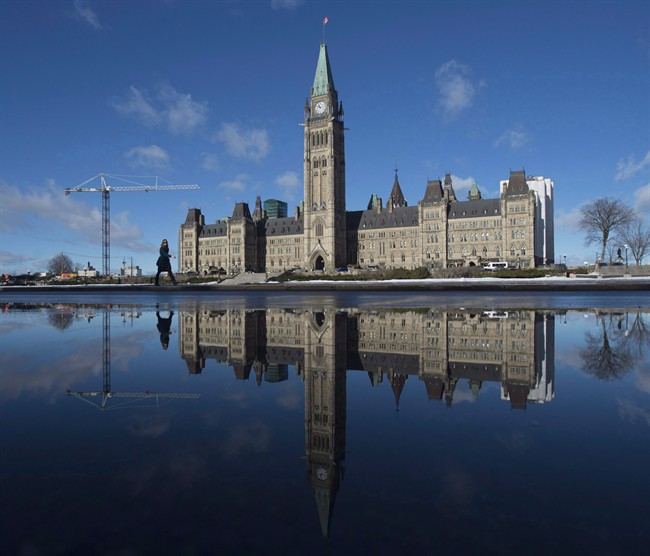OTTAWA – Efforts by the previous Conservative government to promote religious freedom around the world were tainted by the perception of political interference, an internal government evaluation concluded.

The Office of Religious Freedoms positioned Canada as a welcomed world leader on the issue, said the review of the project.
But what it did manage to achieve in its short tenure was coloured by disagreement on how the work should be carried out, a lack of transparency about its goals and concerns the office was biased in its approach to which religions or countries it worked with, the review said.
READ MORE: Conservative motion to save religious freedoms office fails to pass Commons
For example, Christians make up one of the most persecuted minorities, the evaluation noted, so it would make sense for the office to support that group.
“However if this information is not communicated consistently and accurately in the politically sensitive arena, (Office of Religious Freedoms) may be viewed as favouring Christians over all other religious groups,” it said.
“Hence, some stakeholders may interpret actions of ORF as politically motivated. Not surprisingly, the misperception that ORF was a political office was one of the challenges that the office continued to face.”
Extensive outreach with religious groups when the office launched wasn’t enough, the evaluation found.
“The lack of broader and more consistent sharing of information to the public caused inefficiencies and hindered ORF’s own efforts to ensure the office was not perceived as favouring any specific group or religion.”
The Conservatives first announced the office in 2011 but it didn’t start work until appointment of ambassador Andrew Bennett in 2013. The program was motivated by the death of Shahbaz Bhatti, a Christian who was minister of minorities in Pakistan when he was assassinated by Islamic extremists.

The 2011 announcement was met with immediate skepticism. At the time, the Liberals called it more of a domestic political ploy than a strategy for the promotion of human rights.
In theory, diplomats, religious groups and other organizations with a stake in the matter thought the office could be helpful, the evaluation said.
“International interviewees noted that as there were only a limited number of actors and leaders on freedom of religion or belief, Canada’s work in this area was appreciated since it addressed a gap,” the report found.
But there was little consensus about what was happening in practice.
“The evaluation found evidence of increased awareness of freedom of religion or belief with some stakeholders, but not all relevant actors,” said the report, posted online recently by the Global Affairs Department.
Some told the evaluation team the office was too harsh in its public denunciations of religious freedom violations, while others said there weren’t enough statements specific to religious restrictions, such as Sharia law.
Some said the $17 million over four years in program funding wasn’t enough to make a difference, others said small sums of cash were easier to disburse in countries where supporting religious freedom was sensitive.
Since the office took nearly two years to get going, more than half the funds allocated for it were never spent, the review found.
The fact the office was a project without much precedent in Canada or elsewhere explained some of the challenges and since it had only been operating a short time, whether there would be long-term benefits was difficult for evaluators to conclude, the report said.
The office’s budget and mandate was scheduled to end this year. The now Opposition Conservatives and some religious groups tried to pressure the Liberal government to keep it open, but its work was folded into a new Office of Human Rights, Freedoms and Inclusion.
The evaluation wrapped up in April 2015, but clearly took Liberals’ new approach into account, noting that its sole recommendation for a concrete plan and operational direction was based on the fact the office had now closed.
In its formal response to the review, the department agreed with the recommendation, promising regular consultation, more transparency and better communication.
The Liberals have also pledged as much as $15 million for their new efforts.
- Train goes up in flames while rolling through London, Ont. Here’s what we know
- Wrong remains sent to ‘exhausted’ Canadian family after death on Cuba vacation
- Liberals having ‘very good’ budget talks with NDP, says Freeland
- Peel police chief met Sri Lankan officer a court says ‘participated’ in torture



Comments